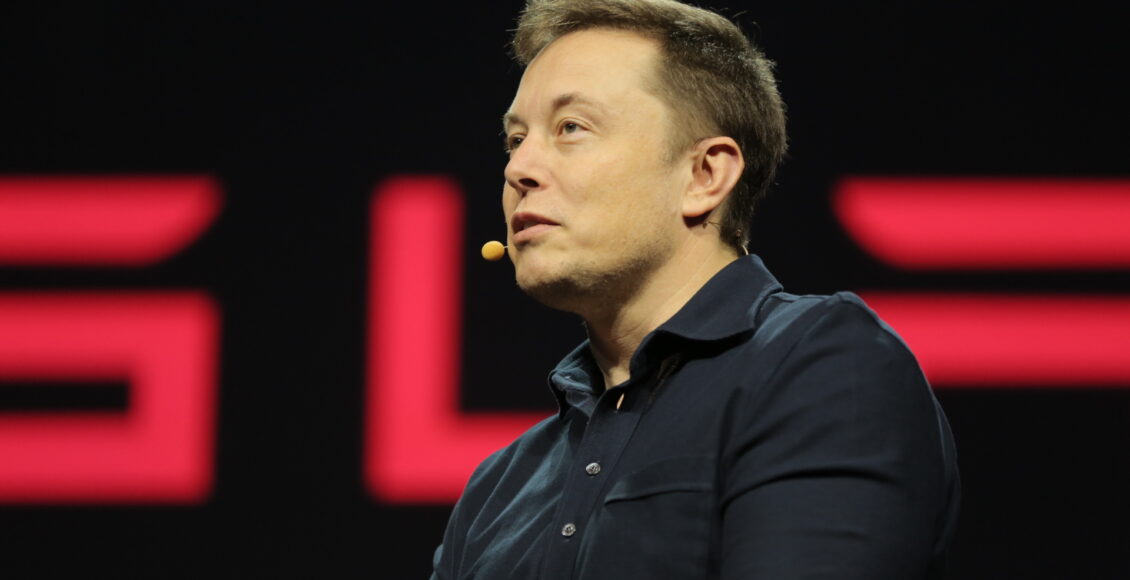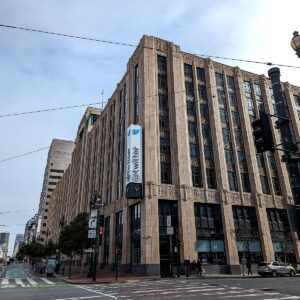Part II: A Short Reign — Elon Musk’s Failed Town Square

“The bird is freed.” This is what Elon Musk tweeted after acquiring Twitter in late October 2022. He had earlier claimed, “given that Twitter serves as the de facto public town square, failing to adhere to free speech principles fundamentally undermines democracy.” Following his acquisition of Twitter, the platform underwent significant changes, including allowing back on the platform users that previously violated protected group’s rights. Within hours, Twitter’s Trust and Safety team, which restricts hate speech on the platform, was ordered to unban the Babylon Bee, a conservative satirical account that had infringed Twitter’s rules protecting transgender people. Additionally, Musk fired nearly 80 per cent of Twitter’s employees, a significant portion of them from the Trust and Safety team. These changes, he argued, reflected his broader claim to ensure Twitter had free speech according to current free speech laws.
However, Musk’s changes have clashed with other democratic norms — including his own free speech claims. Given how Twitter was previously a space for protected groups through its subcultures, as seen in “Trans Twitter” and “Asian-American Twitter,” these new changes seem to undermine and harm marginalized communities. Harvard Business School professor Bill George argued that free speech without any rational limits is the wrong move. Moreover, in December 2022, Elon banned @ElonJet, a Twitter account which shared information tracking the billionaire’s private plane using publicly available information. Shortly after the account was banned, Twitter guidelines were updated to restrict any information on people’s current location and photographic content displaying people without their consent. Only then did @ElonJet infringe on Twitter’s rules. Musk quickly broke the same rule, posting videos of a “crazy stalker” (which was simply a video of someone in their car). Musk’s broad clampdown continued as he banned journalists who criticized him or relayed information from ElonJet. After strong criticism, some journalists were reinstated, but only after deleting any ElonJet tweets. Musk is ruling Twitter like a dictator, redefining acceptable and unacceptable forms of speech.

“Twitter Headquarters 2022” by osunpokeh is licensed under CC BY-SA 4.0.
While Twitter continued to be a forum for political discussion in the aftermath of Musk taking over, the immediate composition of Twitter users nonetheless changed. Four days after Musk acquired Twitter, Republican Congress members saw 470,000 more followers, while their Democrat counterparts saw a similar decrease of 420,000 followers. While the long-term effects are too early to determine, research by Northeastern University, Harvard University, Rutgers University, and Northwestern University reported almost a 9 per cent decrease in American Twitter users from Musk’s acquisition to January. As Democrats have more followers than Republicans, the trend appears to be Twitter shifting towards an equal ratio of Democrat to Republican users.
Furthermore, a big strength of Twitter was its usefulness in crises and content moderation, which has since deteriorated. It stood out not only for its content but for its delivery ingenuity. Twitter’s application programming interface (API) could be depended on for centralized timely updates alongside information from its verified accounts, which explained the platform’s prevalence in crises ranging from natural disasters to active shooters. The API previously allowed third parties to easily use and examine all publicly available information on the site. Now, access to data is more difficult and problem-ridden, and third parties can no longer contact Twitter’s engineers. During Turkey’s recent earthquake on February 6, 2023, people retweeted tweets calling for help from people under collapsed buildings. Thousands of data scientists and volunteers collaborated to analyze these tweets to provide adequate information to response teams, but they also had to address Twitter’s problems at the same time. Alongside increased issues with its API, Twitter began monetizing access to its API beginning February 13. Ugur Kursuncu, a computer scientist volunteering in the relief efforts, highlighted that “any kind of restrictions or limitations are going to have very serious consequences that are going to impact millions of people’s lives.”
The future of Twitter and its status as a flawed town square remain uncertain. An increasing number of platforms are implementing a strategy of suppressing the reach of certain posts instead of removing them. The posts that receive this treatment are the ones not entirely breaking content rules but are close to doing so. Musk has cited this strategy for Twitter, but this tactic brings up important questions. Although it promotes freedom of speech, it curtails the exposure of what is being said. What type of content is being restricted, and knowing if a post is restricted is unclear, posing the risk of overreach by Twitter.
In fact, the decline of Twitter may be a good thing. Its label as a town square was only partially true. American tweets are far more politically significant than they otherwise would have been, considering Twitter’s number of users relative to other platforms. As most of these tweets are by politically significant figures, such as politicians and journalists, Twitter became a tool necessary to engage in politics. This reality, given Twitter’s algorithm, tends to favour provocation and controversy to encourage virality. Consequently, Twitter’s discussions do not result from a collective response by the people, as a true town square ought to be, but rather tweets curated by an algorithm shaped by profit.

A photo of a person “Checking Twitter” by Marten Bjork is licensed under the Unsplash License.
The future of a digital town square may entirely lay elsewhere. As people leave Twitter, many alternatives are popping up. Mastodon, created in 2016, seems the most promising but lags behind Twitter’s development. Eugen Rochko, the founder, argues that Mastodon is the opposite of Twitter. It does not sell advertisement spaces and, thereby, cannot be manipulated. Although it has seen more than one million new users since Musk acquired Twitter, its growth is limited by its resources. Indeed, solely run by Rochko and dependent on crowdfunding, it lacks the capacity to support large numbers of users and a smooth interface. Mastodon is currently unable to accept new users. Truth Social is another alternative created by Donald Trump in 2021. However, it displays low investment, especially as its parent company is operating at a loss. It also has not received a lot of profits through advertisements due to its lack of popularity amongst advertisers. Most importantly, its lack of rules on content moderation has resulted in hesitancy by app stores and, thereby, an uncompetitive, slow roll-out. Google Play only recently allowed people to download Truth Social, two years after it was created. And for many of the Democrats leaving Twitter, Truth Social is a non-starter.
The various emerging alternatives reflect the broader societal shift towards echo chambers. Director of Columbia University’s Tow Center for Digital Journalism, Emily Bell, says a true digital town square would ideally operate like Wikipedia. Wikipedia is a highly successful nonprofit without any advertisements — with the mission of improving knowledge for the general public. Likewise, a town square facilitates political discussion, amplifies voices, and connects underrepresented groups, contributing to the public good. It appears that the ideal of a digital town square is becoming less, not more attainable, as the fragmentation of political discourse is increasing.
Edited by Justine Peries
Featured image: Elon Musk is the CEO of Tesla, Twitter, and SpaceX. “Elon Musk at GTC 2015” by NVIDIA Corporation is licensed under CC BY-NC-ND 2.0.
